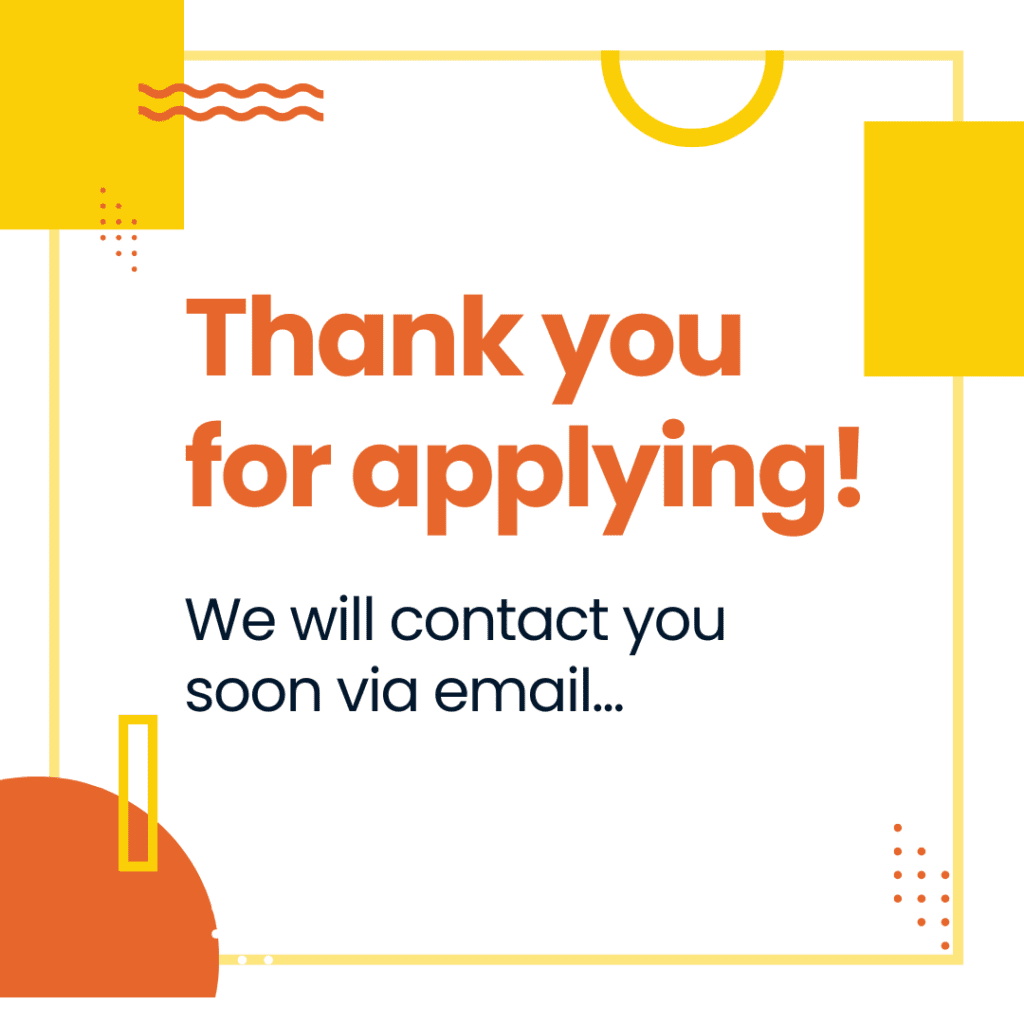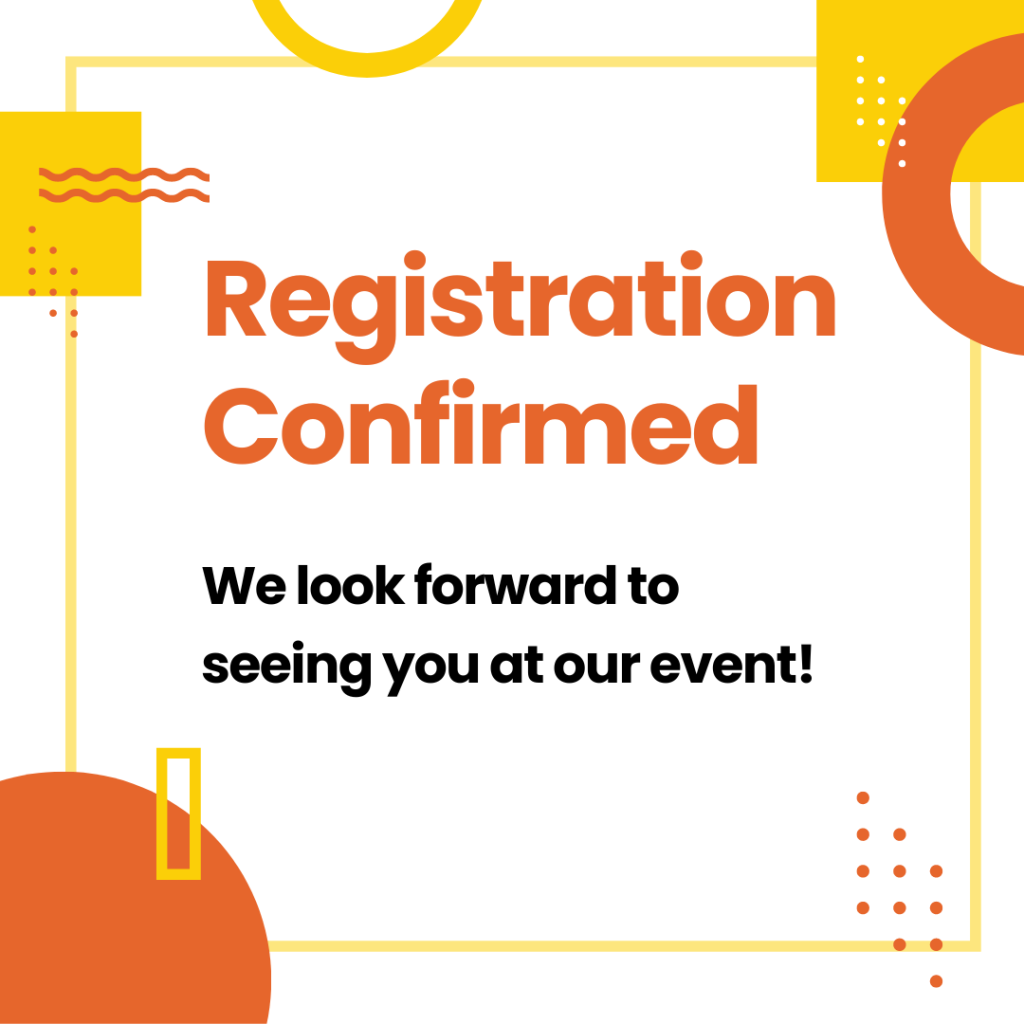Don’t Miss A Thing
Sign up for our newsletter to receive the latest updates about our upcoming events, opportunities, and special announcements.
Registration Info
Regulatory Documents
Annual Reports
Registration Info
GiLE Foundation (GILE Oktatási Alapítvány)
- Registered seat: 1066, Budapest, Teréz Körút 8
- Tax number 19239998-1-42
- Court registration number: 01-01-0012919
- Adult education registration number: B/2020/001454
- Contact: info[at]gilefoundation.org
Regulatory Documents
Annual Reports
© 2025 GiLE Foundation. All Rights Reserved.



